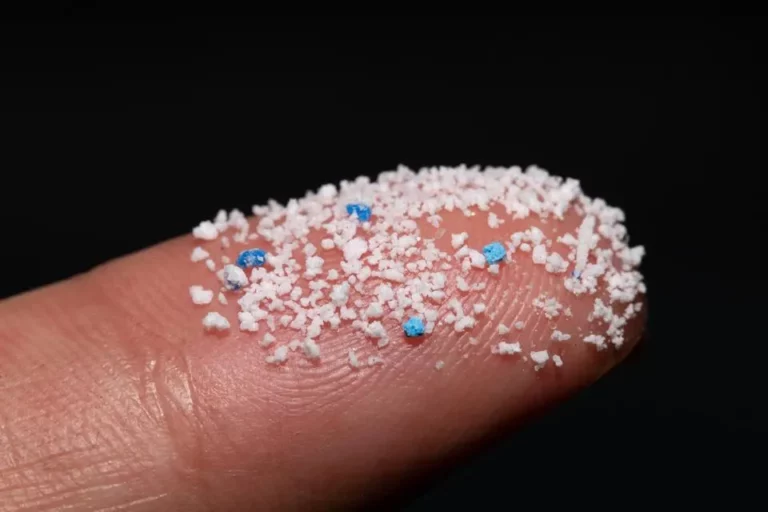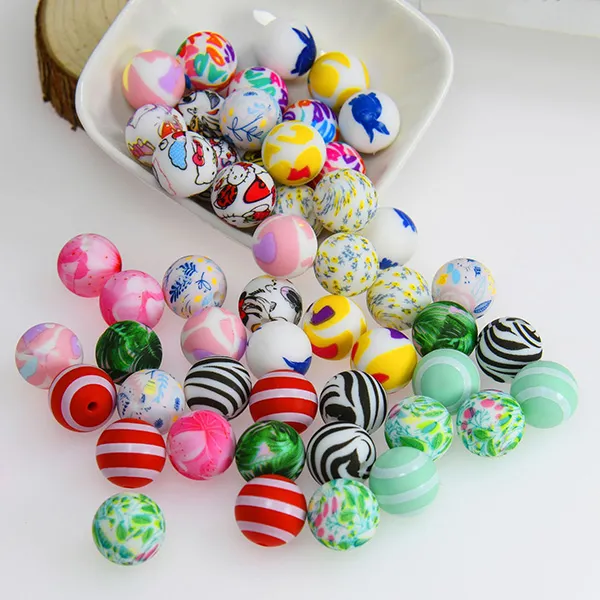In recent years, there has been a growing concern about the safety of the materials we use in food storage and preparation. Among the various options available, silicone has emerged as a popular alternative to traditional plastic. But is silicone really safer than plastic for food-related uses? Let’s delve into the details.
Is Silicone Safer Than Plastic for Food?
Yes, silicone is safer than plastic for food. Silicone is non-toxic, does not leach harmful chemicals, and withstands high temperatures without degrading. Unlike plastic, it’s free from BPA and other harmful substances, making it a healthier choice for food-related use.

Composition and Properties of Silicone
What is Silicone?
Silicone is a flexible, durable material made from silica, a component found in sandstone, among other rocks. Unlike plastic, which is also a synthetic material, silicone undergoes a complex process involving the heating and distillation of silica to extract the element silicon. This silicon is then combined with oxygen to create silicone.
Properties of Silicone
Silicone’s notable features include its stability and heat resistance. It doesn’t break down easily and can endure high temperatures before it starts to degrade, in stark contrast to plastic . Additionally, all raw materials used to create silicone are approved by the FDA for use in food-grade appliances, enhancing its credibility in food safety.

Advantages of Silicone Over Plastic
Safety and Toxicity
One of the most significant advantages of silicone over plastic is its non-toxic nature. Unlike plastic, silicone does not leach harmful chemicals into the environment or food. This absence of toxic chemicals like BPA, phthalates, or PVC makes silicone a much safer choice for food storage and preparation.
Heat Resistance and Durability
Silicone can resist both high and low temperatures, ranging from as high as 300.2°F to as low as -76°F without degrading. This makes it ideal for various kitchenware applications, such as oven mitts, baking molds, and other cooking aids.
Health and Environmental Considerations
Environmental Impact
While silicone is not biodegradable, it does not contribute to the microplastic pollution associated with plastic. These microplastics from degrading plastic have been shown to cause health problems in wildlife and are a growing concern for human health as well
Health Concerns with Plastic
Plastic is notorious for its potential health hazards, especially when exposed to heat. The instability of plastic can lead to the leaching of estrogen-mimicking chemicals, which pose significant health risks. Silicone, with its stable and inert nature, does not have these issues.
Silicone in Kitchenware and Food Storage
Wide Range of Products
The market is flooded with silicone-based products designed for cooking and baking. From silicone oven gloves to baking molds, straws, cooking utensils, and even ziplock bags, the options are extensive.
Certification and Standards
A key aspect to consider when purchasing silicone kitchenware is the NSF-51 standard certification. This ensures that the product is free from harmful chemicals such as BPA, lead, latex, and phthalates. Certified silicone kitchenware is considered safe for food contact and is also non-hazardous waste.
Sustainability and Recycling
Recyclability of Silicone
While not all silicone products are accepted in curbside recycling programs, some specialty recycling facilities do accept them. This factor, combined with the material’s durability, reduces the frequency of replacement, thereby cutting down on excess waste.
Silicone vs. Biodegradability
It’s important to note that silicone does not biodegrade. However, its long lifespan means it’s less likely to contribute to waste in the short term, unlike single-use plastics. Swapping plastic products with silicone can thus be a step towards reducing our environmental footprint

Long-Term Environmental Implications
Reducing Single-Use Plastics
By choosing silicone over plastic, especially for items that see frequent use, we can significantly reduce our reliance on single-use plastics. Although not a perfect solution, this shift can contribute positively to environmental sustainability.
SANNYIN Food Grade Silicone Products
Conclusion
In conclusion, silicone emerges as a safer and more environmentally friendly alternative to plastic, especially for food-related applications. Its non-toxic nature, heat resistance, and stability make it a superior choice for kitchenware and food storage. While silicone is not biodegradable, its durability and lower environmental impact compared to plastic make it a preferable option.
It’s important to remember, though, that silicone isn’t the ultimate answer to all our environmental challenges. However, by opting for silicone products, we can make small yet significant changes that help protect our health and the environment. Every choice we make towards reducing our dependence on harmful materials like plastic is a step in the right direction for a sustainable future.






